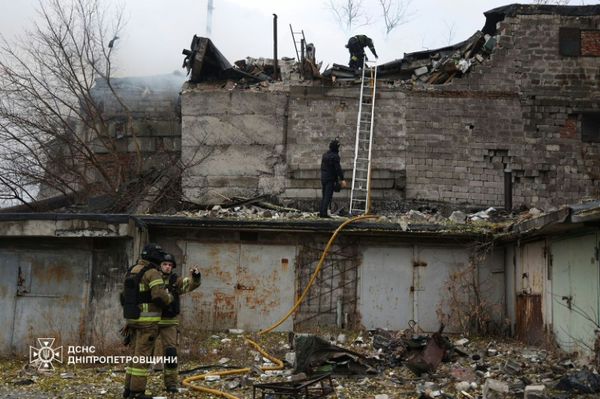
“No, we’re not.” That’s how Prime Minister Anthony Albanese responded to a question on Thursday morning about whether Labor is considering taking negative gearing reform and capital gains tax reform to the next election.
It remains to be seen if that statement will put an end to the speculation that’s been rampant this week, following a report in The Sydney Morning Herald that said Treasury was looking at a possible tweak to the tax breaks.
Albanese said in the interview with ABC News Breakfast that there was “nothing unusual” about Treasury bureaucrats looking at negative gearing — according to the prime minister, it’s simply a good example of a “dynamic and creative” public service that “looks at ideas”.
Labor has a long and messy history with negative gearing and capital gains tax reform. In 1985, the Hawke government abolished negative gearing for all future rental property investors, “[quarantining] any losses made from owning rental properties” so that the losses “could not be used to reduce tax on other sources of assessable income”, in the words of Jim O’Donnell, a solicitor who published a paper on the policy in 2005.
The Hawke government reversed the changes in 1987, despite the then treasurer Paul Keating suggesting in an August 1987 cabinet submission that “with the notable exception of Sydney, conditions in the residential rental property market [had not become] unusually tight”, as ABC News reported in a fact-check piece in 2015.
“There was such a pile-on that they had to put it back,” financial journalist Alan Kohler told Crikey.
Kohler described the pile-on as a quintessential scare campaign: “The reason they had to put it back was because the property industry declared this was going to lead to a complete absence of investors, and therefore reduce the supply of rental housing. Labor kind of caved in at the end.”
Whether the industry’s professed fear is founded or not is hard to say, according to Kohler.
“The trouble is that negative gearing applies to everything at the moment, and it doesn’t distinguish between existing housing and new housing,” he said.
“All the modeling suggests that removing it would have only a very minor impact on house prices, mathematically speaking. My view is that it’s not about the actual impact — it’s about the view of housing as an investment, as a market rather than a human right and a place to live.”
When negative gearing was first introduced, in 1936, “it was thought it would encourage investment in housing and increase supply,” Western Sydney University associate professor Michelle Cull wrote in a piece for The Conversation earlier this year.
While investors certainly like the tax break, there is little evidence its absence would mean a catastrophe for renters. As the ABC reported in its 2015 fact-check, the experiment in abolishing negative gearing in the mid-1980s did not lead to hiked rents across the country.
“During the period that negative gearing was abolished real rents notably increased only in Sydney and Perth — where rental vacancies were at extremely low levels,” the story said. “This is inconsistent with arguments that negative gearing was a significant factor, with negative gearing likely to have a uniform impact on rents in all capital cities … while the rent increases in two cities did coincide with the temporary removal of negative gearing tax deductions, it is unlikely that change had a substantial impact on rents in any major capital city in Australia.”
More recently, Labor took negative gearing and capital gains tax reform to the 2016 and 2019 elections, and lost both times.
“The idea was to limit negative gearing to new houses only, so that it would discourage investment in existing housing and only encourage investing in new housing,” Kohler said. “In 2016, Labor gained a lot of ground and almost won. They were then devastated by the 2019 loss. But it’s questionable whether the reason they lost was negative gearing, because they also added an attack on dividend franking. None of us will ever know.”
If Labor MPs fear a new attempt at reforming negative gearing would lead to another scare campaign, they’re undoubtedly correct.
One unnamed Coalition MP, speaking to the ABC’s David Speers, said the opposition would go after Labor even if any proposed changes would target wealthy investors only.
“Whatever they do, we’ll run a scare campaign saying they’re after you next,” the person said, adding Labor would be “fucking nuts” to try it again.
Need more evidence? Look at today’s Daily Telegraph, which contained a headline declaring: “It’s Labor’s tax on ambition”. The paper also featured an opinion piece by Real Estate Institute of Australia president Leanne Pilkington (which appears to have been taken down) arguing that “targeting negative gearing will have dire consequences for both investors and renters”.
The online headline for that opinion piece was certainly scary: “Millions crucified by Albo’s new housing move”.
Should Labor take a plan to reform negative gearing to the next election? Let us know your thoughts by writing to letters@crikey.com.au. Please include your full name to be considered for publication. We reserve the right to edit for length and clarity.







